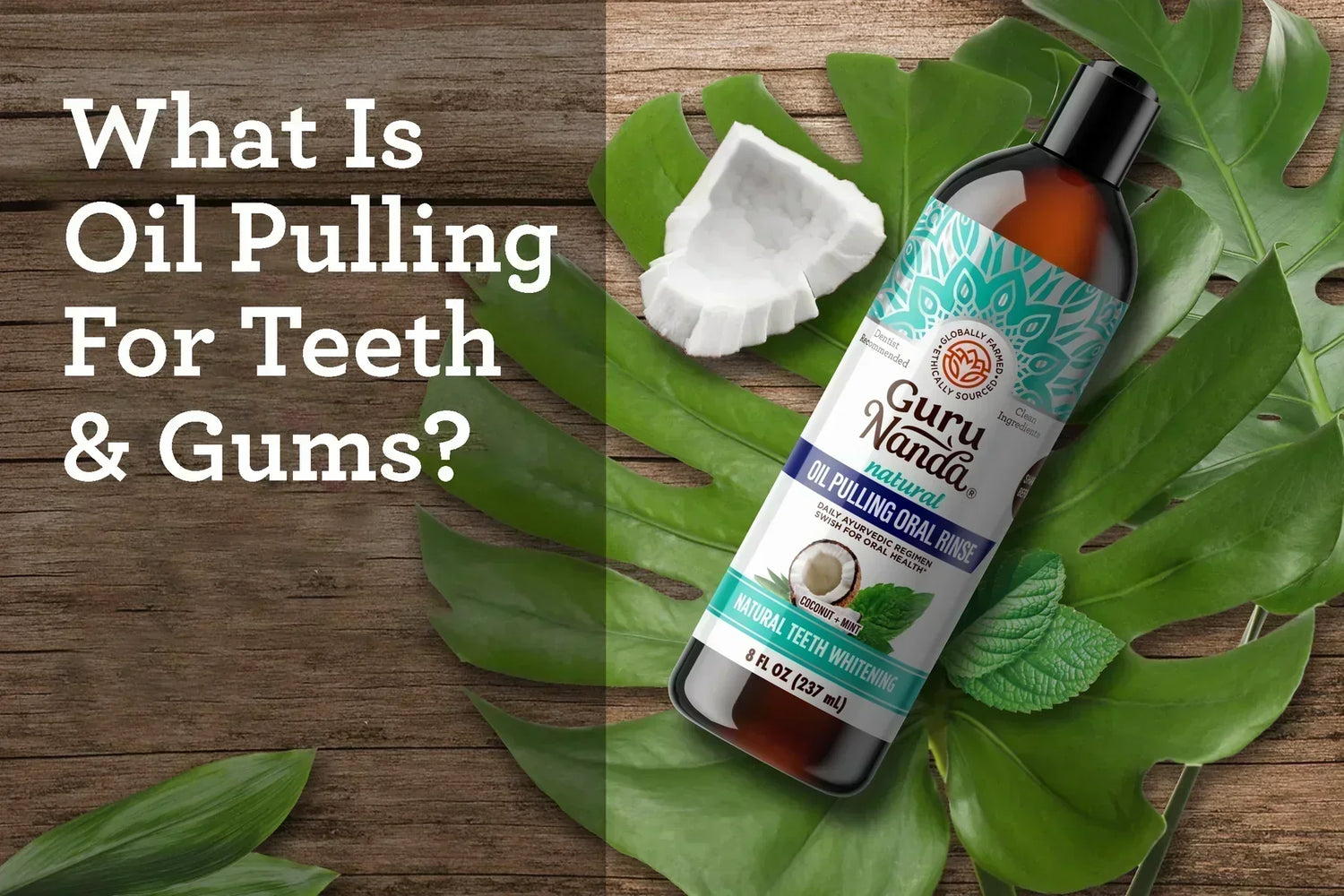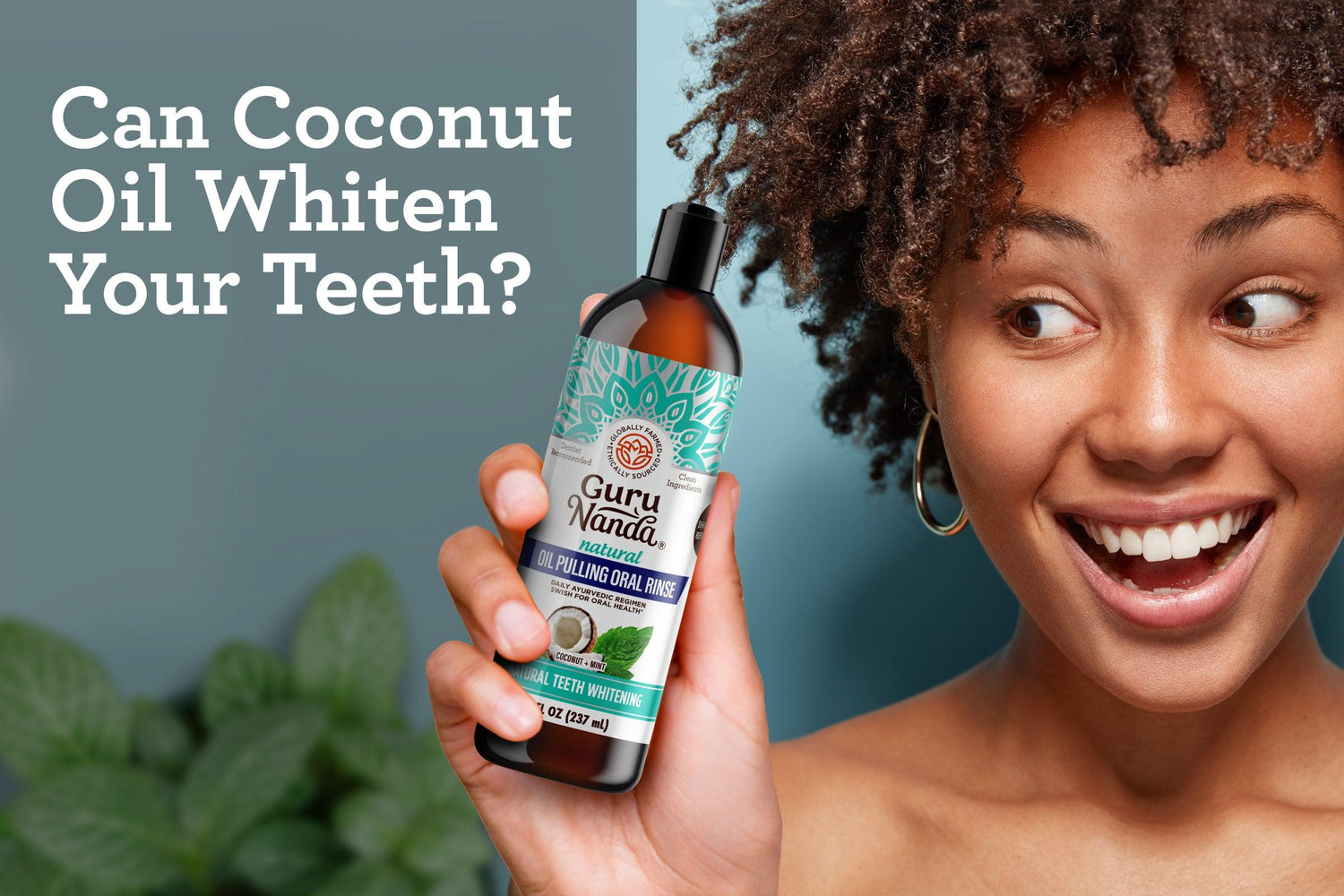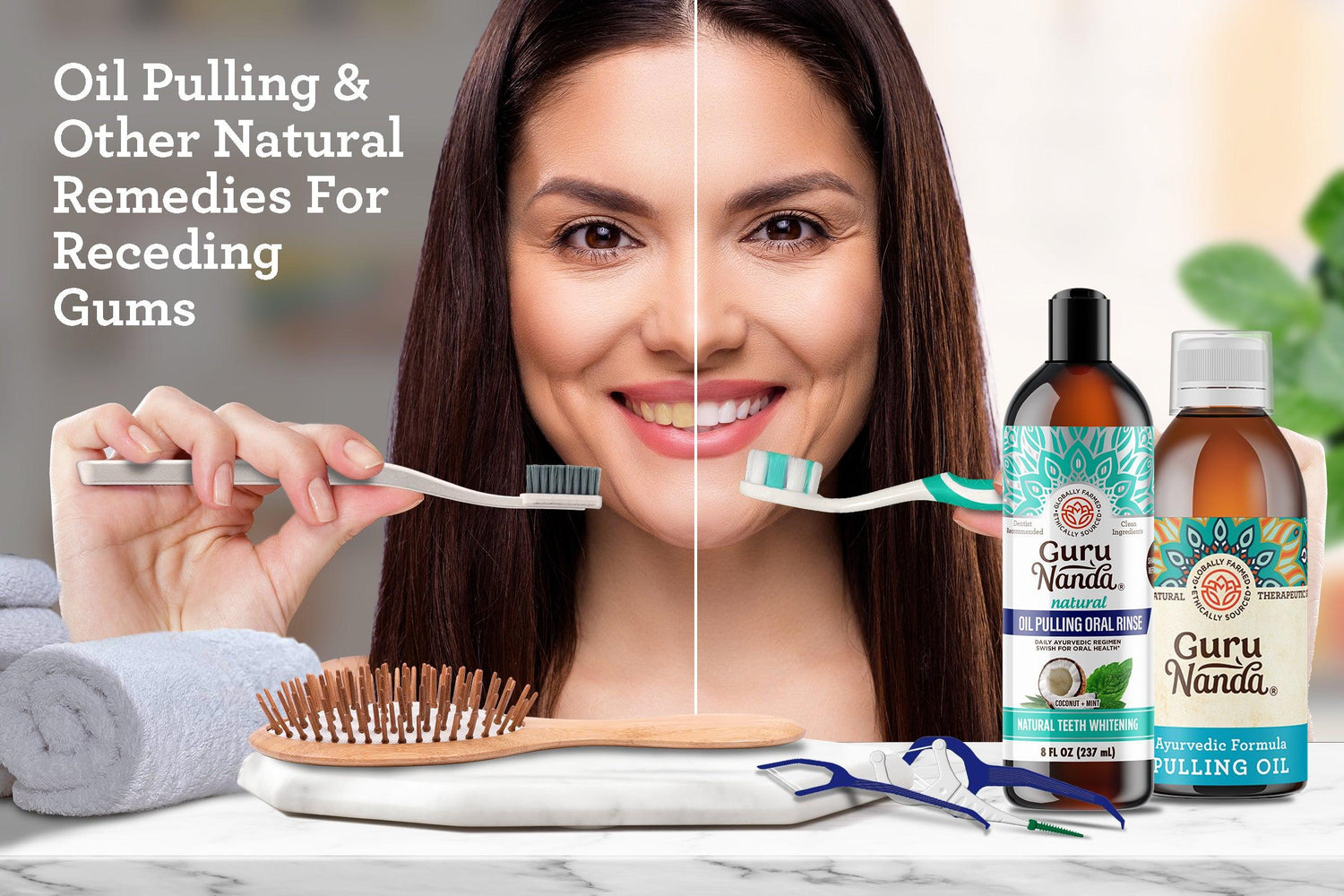Dear Friends,
Tell me if this sounds familiar: You go to the doctor only to find out that you have cavities. How can this be? You brush, floss, and you don’t drink soda.
“Well,” your dentist asks, “do you drink sparkling water?”
It’s hard to believe that sparkling water is bad for your teeth, but it’s true. Though many flavors of sparkling water don’t contain sugar, they all contain high levels of acid. These high levels of acid slowly cause your teeth to demineralize, eroding the enamel that keeps your teeth white and healthy and leading to plaque and cavities.
To understand how this happens, consider your mouth’s natural environment, or microbiome. A healthy oral microbiome is full of good bacteria that perform functions like helping break down food and destroying the bad oral bacteria that causes cavities. To maintain optimal health, your ideal oral pH–or potential hydrogen, a measure of chemical composition–should be 6.2 to 7.6. Regular, flat water has a pH of 7, which is ideal.
Sparkling water, on the other hand, has a pH of between 2 and 5. In other words, it is rife with acid that causes your teeth to demineralize–releasing enamel and growing yellower, weaker, and more prone to cavities and other infections.
If you are already prone to cavities, you must give up sparkling water. I know, this sounds like horrible news! But truly, it is in the best interest of your oral health long term. If you have gotten cavities in the past, your tooth enamel is already weak–and acidic liquid sitting on your teeth will only make it more so.
Even if you don’t yet have cavities, if you have signs of weak enamel, you should abstain from sparkling water. These signs include tooth discoloration, sensitivity, or other unexpected developments or erosion in your teeth and gums.
Think of it this way: Do you enjoy sitting in the dentist’s chair, having your teeth drilled? I suspect not.
That said, even though oral health is deeply important to me, I am not an absolutist. If you are not cavity-prone or experiencing symbols of eroded enamel and love carbonated water, you may enjoy it sparingly. Just be sure to drink it through a straw to minimize contact with your teeth, avoid flavors with low pH (and extra acid) like lemon, drink the entire beverage in one sitting to avoid prolonged exposure, and rinse your mouth with regular flat water afterwards.
You can also protect your oral pH in other ways, such as waiting 30 minutes after you eat or drink to brush your teeth and visiting the dentist regularly.
The health of your mouth is the gateway to the health of your entire body, and abstaining from sparkling water is an easy way to protect it. And if avoiding cavities isn’t enough reason for you to do this, just think–don’t you want to face the world with a beautiful white smile?
Take the sparkle out of your water and keep it in your smile–where it belongs.
Namaste,
Puneet






